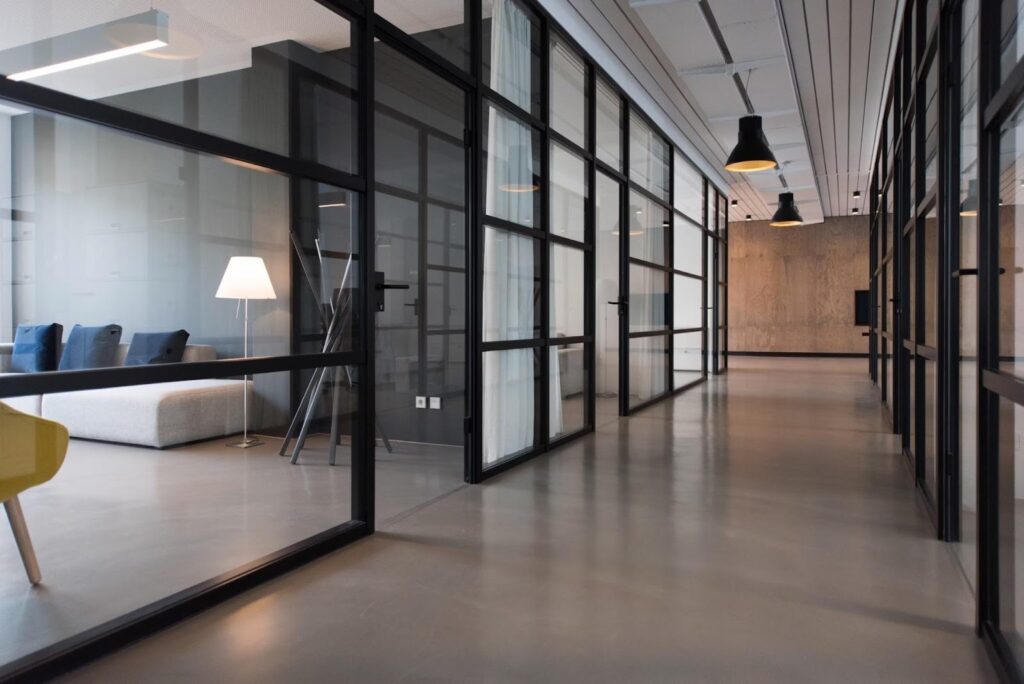Operating from a commercial property, whether that’s a retail shop, an office building, or a restaurant, carries with it some risks.
When you’re working remotely as an e-commerce business, for instance, you’re operating from the comfort of your home, without the risk of an employee or customer slipping in your kitchen!
Once you step into a physical space, however, new responsibilities and challenges arise. This means you have to be extra careful about how you carry out your day-to-day processes, ensuring you comply with all the local health and safety regulations, while fostering a space where employees and customers feel safe at all times.
So how exactly do you do this? We’re going to list out 3 of our best tips for businesses considering operating from a commercial property, giving you the best chance to make the move a success.
Insurance As A Key Safeguard
Let’s start by thinking about you and your business. Yes, it’s important to protect employees and customers, but there will be no one to protect if you don’t protect your company first and foremost.
A commercial property, for instance, should be protected with commercial property insurance. This will work to cover damages caused by events like fire, theft, vandalism, or even natural disasters, helping you avoid costly repairs or replacements out of pocket. In terms of how you attain insurance like this, there are numerous platforms that make the process easy.
Start by using a commercial property insurance calculator to get an estimate of your potential premiums, based on factors like property size, location, and the type of coverage you need, and then work with the providers to tailor coverage that fits your specific business needs. From there, you can safeguard your property from all the potential events that could bring it down – and bring your company down with it.
Property Evaluation
When it comes to protecting employees and customers, it’s important to evaluate the condition of the property as soon as possible. Make sure you inspect thoroughly for any structural issues, outdated systems, and safety hazards, and make sure you follow through on fixing them if any are below par.
This will also be important when considering your budget. Buying a commercial property is going to be expensive in and of itself, but you also need to factor in repair or renovation costs, which can similarly be a drain on your budget. Ignoring these aspects would not only lead to a lack of safety, but unexpected expenses down the line, which could bring your company to a grinding halt.
Once you’ve factored it in, it’s then essential that you carry out multiple checks at pre-assigned intervals, ensuring that you catch any new issues before they develop into bigger problems.
Location To Make It Worth It
Lastly, you want to make sure that this is all worth it. Yes, insurance and regular assessments will be crucial to running a successful commercial property, but it won’t be very successful if the location doesn’t support your business goals in the first place.
It’s your job to factor in foot traffic, accessibility for customers and employees, proximity to suppliers or partners, and the overall vibe of the neighbourhood you’re operating in. Is the area growing or declining? Are there signs that things are going downhill? Does it align with your target market? These are the questions you need to ask before you take the leap and spend all that money on owning that physical space.
Even if you’re not thinking about owning it – after all, more businesses are renting spaces to cut down on costs – it’s not as easy as to shut up shop and move somewhere else. Doing so takes time, resources, and will disrupt your operations, perhaps irreparably. It’s crucial that you make the right decision from the very beginning, choosing a space that is not only safe, secure, and insurable, but is in the perfect location to guarantee success.

